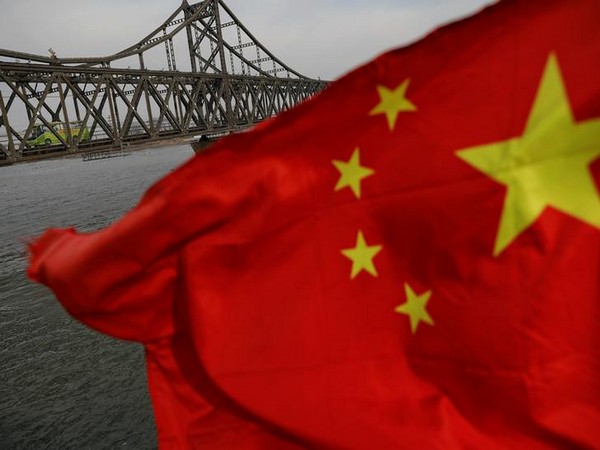China looks at cracking down on AirDrop, Bluetooth file sharing amid national security concerns
The Cyberspace Administration of China has launched a month-long public consultation and issued draft regulations on close-range wireless communications like Bluetooth, WiFi and other technologies.

- Country:
- China
China's cyberspace regulator is planning to issue new rules clamping down on file-sharing functions like Bluetooth and Apple's AirDrop amid national security concerns, Singapore-based The Straits Times reported. The Cyberspace Administration of China has launched a month-long public consultation and issued draft regulations on close-range wireless communications like Bluetooth, WiFi and other technologies, as per the news report.
The Cyberspace Administration of China said that the proposed regulations are aimed at maintaining "national security and social public interests." It said that the people can give their feedback on the proposed regulations until July 6, Amanda Lee said in The Straits Times report. Service providers will have to stop the sharing of harmful and illegal information under such networks, among other things, The Straits Times reported. Other proposed regulations include requiring users to stop and "resist the production, copying and distribution of undesirable information." Those who do not follow the rules must be reported to the authorities.
Before using these file-sharing functions, people need to register with their real name. As per the news report, the functions must be turned off by default. Using Bluetooth and AirDrop, people without revealing their identities can share messages and images with other phones who are near them, as per The Straits Times report. Sharing messages and images without revealing the identity bypasses China's "strict censorship rules," where the majority of the messaging and social media platforms are closely monitored. Other phones like Google's Android and Chinese phone manufacturers, including Oppo and Xiaomi have similar functions that are compatible with their devices.
Apple came under the spotlight after some Chinese protesters used AirDrop in 2022, bypassing surveillance and sharing messages critical of the government. In October 2022, some activists using AirDrop on the Shanghai subway shared posters that were against Chinese President Xi Jinping, The Straits Times reported. In November 2022, Apple announced a limit on the use of the AirDrop function for iPhone users in China, permitting them to receive files from non-contacts for 10 minutes at a time. Earlier, AirDrop did not have a time limit for sharing and receiving files.
Earlier in April, China launched a cybersecurity probe into Micron Technology, one of America's largest memory chipmakers, in apparent retaliation after US allies in Asia and Europe announced new restrictions on the sale of key technology to Beijing, CNN Business reported. The Cyberspace Administration of China (CAC) will review products sold by Micron in the country, according to a statement by the watchdog. According to the statement, the decision is aimed at "ensuring the security of key information infrastructure supply chains, preventing cybersecurity risks caused by hidden product problems, and maintaining national security. (ANI)
(This story has not been edited by Devdiscourse staff and is auto-generated from a syndicated feed.)










